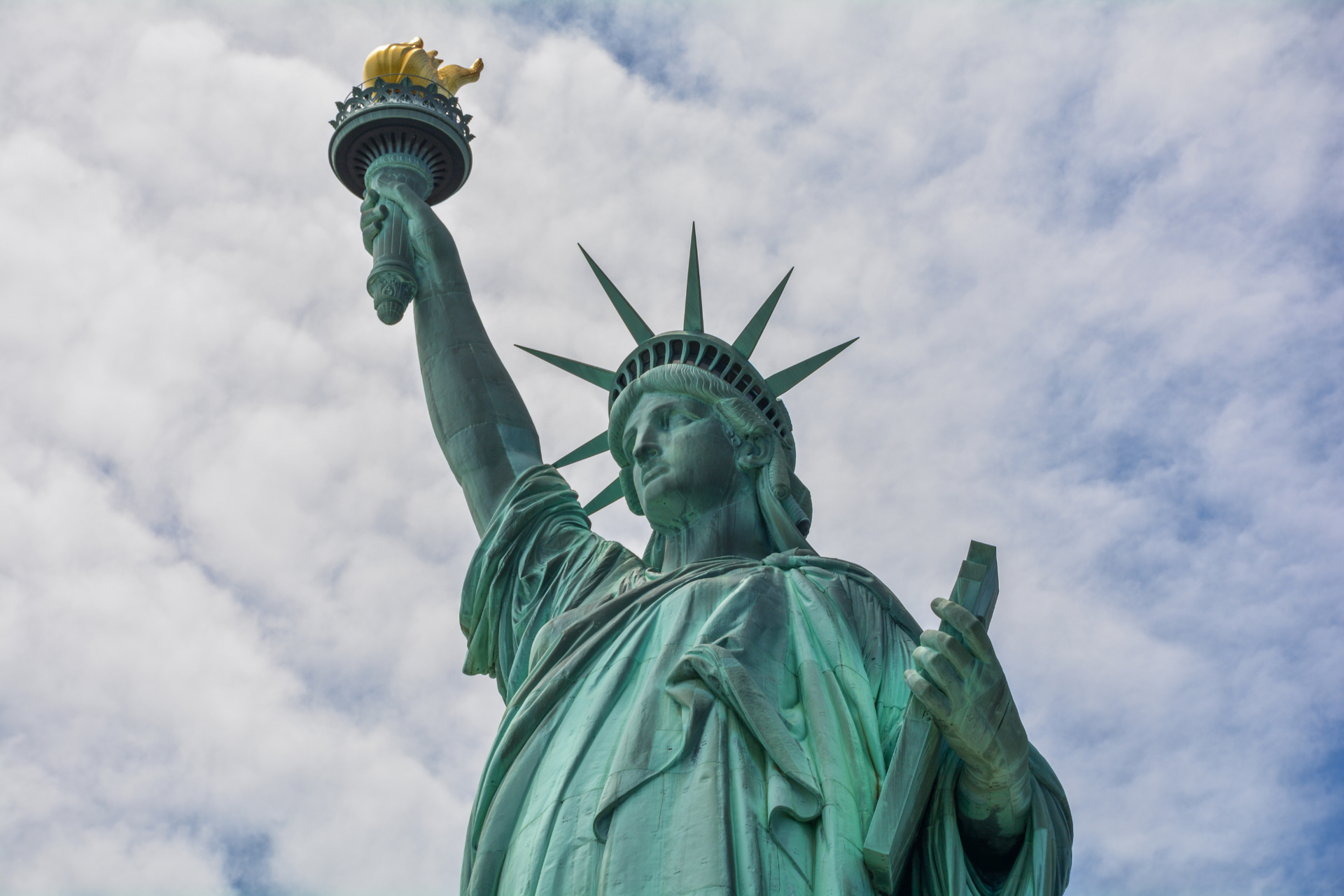In less than a week, the Supreme Court has ruled on three cases impacting Puerto Rico. The rulings are consistent: Puerto Rico may have local authority, but it lacks ultimate power over itself and it will not gain this power absent statehood or independence.
On Thursday, the Court held in Sanchez Valle that Puerto Rico could not independently prosecute individuals if they already had faced federal charges for the same crime. In a footnote, the Supreme Court clarified that Puerto Rico is not on “equal footing” with the States, and does not share in their “power, dignity and authority.”
On Monday, the Supreme Court ruled that Puerto Rico had no authority to enact a bankruptcy law to fill a void in the federal bankruptcy law. Writing for the majority, Justice Clarence Thomas rejected the dissent’s view that “the government and people of Puerto Rico should not have to wait for possible congressional action to avert the consequences” and held instead that “our constitutional structure does not permit this Court to ‘rewrite the statute that Congress has enacted.'”
Reinforcing its position that a United States territory is dependent on Congress, the Court on Monday also rejected in Tuaua v. United States an effort by individuals born in the territory of American Samoa to gain the right to U.S. citizenship from birth under the Fourteenth Amendment. Samoans have been designated by Congress as U.S. nationals, but they are not U.S. citizens.
Writing for Scotusblog, constitutional expert Lyle Denniston concluded: “Although the Court’s two decisions on Puerto Rico and its order not to consider citizenship for Samoans were legally independent of each other, the three cases had been part of a rising campaign for self-determination in U.S. territories and, in particular, to persuade the Court to reconsider a series of early twentieth-century decisions (the so-called Insular Cases) that modern critics complain were based on outmoded notions of racial supremacy and colonial dominance. The Insular Cases precedents have been used to maintain territories’ dependence on Congress.”
Denniston, who has covered the Supreme Court for fifty-eight years, summed up the current legal predicament for Puerto Rico, writing that “it is now clear, in the wake of the Court’s actions in these cases, that the only way for Puerto Rico to gain equal stature within the U.S. governmental structure is to seek statehood — a highly controversial issue among Puerto Ricans.”



I am so happy to know that this issued has been clarified, something statehooders and independentistas has known for years. This ELA must come to an end.
I heard that the first one who migrated to the states were the so call independentista, haha
They did. Wealthy independentistas migrated first, got teaching & social jobs (remember, Puerto Rico schools were in english until 1952 or about, when Vilaronga banished it.)So these people were bilingual!
As soon as second generation “Nuyoricans” went to school,”ESL” placed them in spanish language classrooms where they were exposed to their separatist victimology.
They are in charge of the NYC “National PR Day Parade”,which every year dedicates the parade to a leftist independence “fighter or “political prisoner” especially Oscar Lopez.